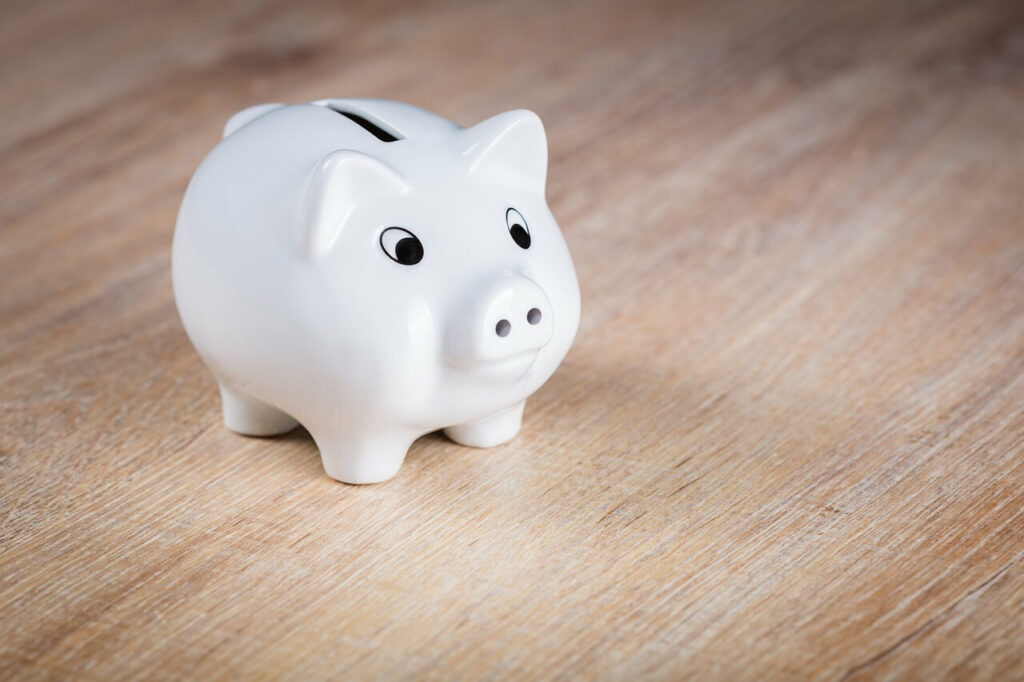Blog, Home-prepared diets
Tips for saving money on your dog’s home-prepared diet
There is no denying that preparing your dog’s food at home typically work out to be more expensive than a commercial diet but it may surprise you to see the difference is not that much. Just follow these top tips and hidden gems to save yourself some cash.
1. Feed grains
Controversial as they may be, grains are some of the cheapest foods on the supermarket shelves. Properly cooked, grains are highly digestible and a good source of energy and other nutrients including the B vitamins, minerals and dietary fibre.
Choose whole grains such as oats, brown rice, barley and buckwheat.
2. Buy frozen
Frozen fruit and vegetables are underrated. They are just as good and are often cheaper than fresh varieties.
A study pulished in the Journal of Food Composition and Analysis compared the status of nutrients in selected fresh and frozen fruits and vegetables. Interestingly the frozen fruits and vegetables more frequently outperformed the “fresh-stored” produce.
Buying frozen also allows you to use exactly the amount you need minimising food waste and saving the rest for another day.
At the time of writing, one leading UK supermarket is selling fresh blueberries for £13.34 per kg versus £5.38 per kg for frozen.
3. Invest in a freezer
A freezer is a vital tool for saving money (and time). Use it to store ‘bulk buy’ and special offers. Stock up on meats when they are on sale. Freeze seasonal fruits & vegetables.
In addition, cooking batches of food for your dog for two or more weeks at a time and freezing it down makes life a lot easier than cooking every week.
If a new freezer is out of your price range, look for a used freezer on Facebook Marketplace, Gumtree or other local listings. Be sure to now the energy rating. Older freezers aren’t as energy efficient and could turn out to be expensive in terms of utility bills.
4. Reusable food containers
Freeze your dog’s meals in reusable freezer bags or containers. As well as doing the environment a great favour it will undoubtedly be cheaper in the long run.
5. Shop local
It’s a common misconception that farmer’s markets are expensive places to shop. But, this is not always true. Channel 4 Dispatches investigation found that farmers markets were up to 35% cheaper than supermarkets and the produce you buy at a farmers’ market will also last longer.
Plus, ever noticed how vegetables you buy from the store are trimmed down considerably to remove the excess? For example, carrots from the farmer’s market often come with leafy green tops, the carrots you purchase from the store will not. You may not realize it, but some of that excess may be edible and provide beneficial nutrition for your dog.
6. Compare prices
Take some time to price check and search around online for the higher priced items in your dogs diet.
Supermarket comparison site, mySupermarket allows you to compare prices from main UK retailers in one place, helping you save time and money.
7. Look at price per 100 grams
Loose vegetable and fruit are often cheaper than their packaged alternatives. And sometimes buying larger, on sale products or multi buy packs isn’t always cheaper.
As an example: 5kg of brown rice worth £11.90, 1kg for £2.10 or 500 grams for £1.20.
Which is cheaper?
Immediately, you might assume bigger is better until you work out that per 100g the 1kg bag is the cheapest.
8. Waste nothing
Don’t throw away vegetable peelings, stalks or leaves. They are valuable sources of nutrients for your dog (don’t feed grapes or onions).
Be sure to wash all vegetables thoroughly. Steam or boil and mash or finely grate raw vegetables to make them more easily digestible.
Extra’s can be frozen and stored in the freezer for use later.
Finally, I’m a big advocator of home-prepared diets. They are healthy options for feeding our dogs, but they should not be undertaken lightly. Inadequate levels of nutrients can cause significant harm and may not be evident for months or even years, until your dog has a serious health problem that may not be easily reversed. It’s crucial to your dog’s health that the diet is balanced to the NRC recommended allowances.
The best way to ensure that your dog’s home-prepared diet is balanced and healthy is to work with a qualified dog nutritionist and follow the recipe faithfully.

